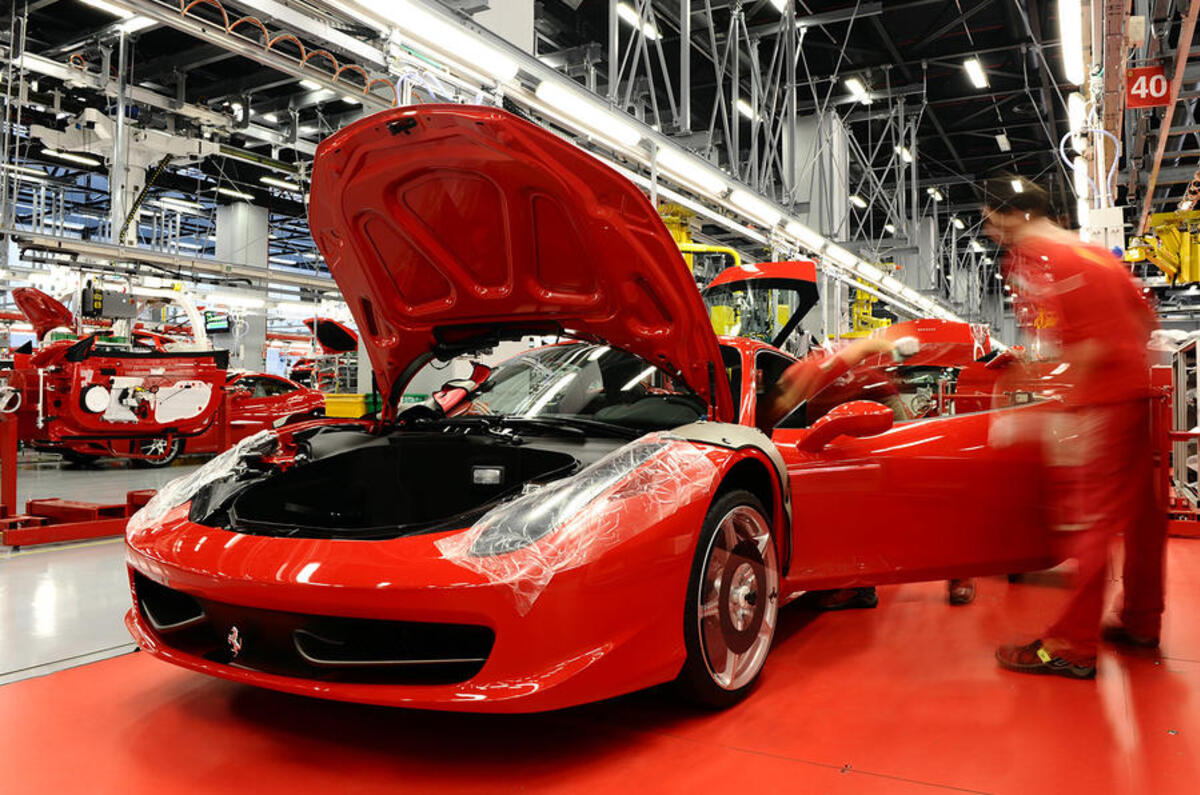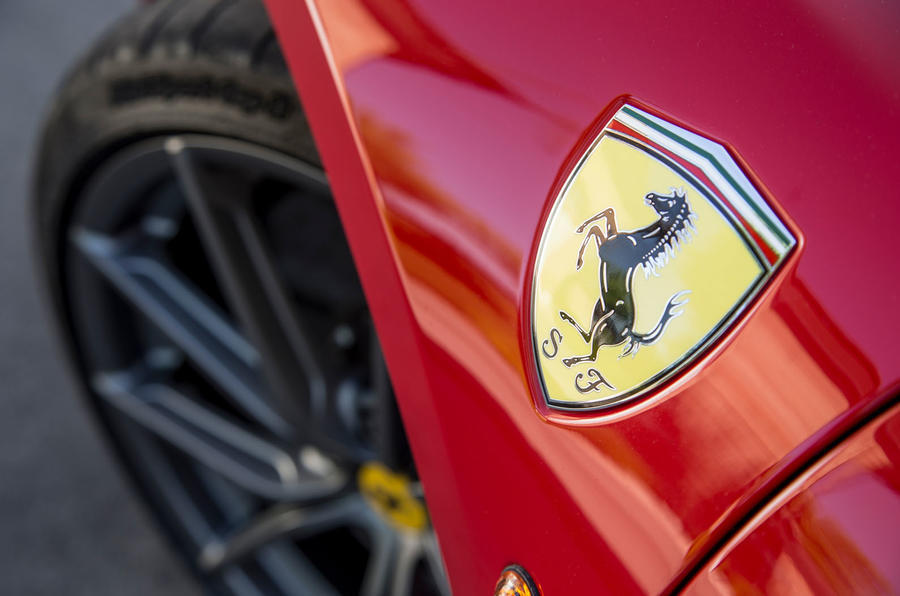Italy is now widely hoped to be over the very worst of its tragic national ordeal with Coronavirus. It’s clearly too early to write such a thing without touching wood with just about every extremity of your body; and I freely accept that some people would probably rather I didn’t tempt fate by writing it at all.
Still, the figures I’m looking at suggest that the number of new Covid-19 diagnoses in the country peaked on March 21st. While the total number of infected people is still rising, it looks to have almost levelled off. Daily reported deaths from Covid-19 has so far surpassed the 900 threshold only once – on March 27th. The world will be watching closely in the desperate hope that it doesn’t pass that mark again.
Whatever the numbers are saying, you can barely make it through a TV news bulletin without realising just how awful the public health crisis in Italy remains. If you or I were responsible for an idling business out there, we would surely wait until certain that the worst of it had passed before we even considered calling our workforces back to the coal face; let alone announcing anything. And yet March 27th was also the day chosen by Ferrari to announce that it would seek to resume car production in both Maranello and Modena on April 14th.
Just as Lamborghini had switched to making 'PPE', then, and so many car makers were in the process of producing ventilators to keep people around Europe alive, Ferrari was telling the world - its customers and investors, really - of its plan to resume production of £200,000 sports cars within three weeks. And this not long after, on March 9th, it admitted that production at its Maranello plant was continuing inspite of the fact that the factory was inside the quarantine zone imposed by the Italian government; and only then deciding to officially end its production activities on March 14th.
To give Ferrari some credit here, it is at least a distant, slightly disconnected part of a group of car-makers that has already contributed in the effort to fight the virus in Italy - and we probably shouldn’t castigate the firm for wanting things returned to normal as quickly as possible. It has business interests to protect, just like the rest of the industry; and once their lives are no longer under imminent threat, the Italian people will next quite understandably be concerned with their livelihoods.









Join the debate
Add your comment
This will be quickly
This will be quickly forgotten by the very few people who actually even knew they restarted production imo.
The bigger impact I think we be on the ever growing view that if you drive a super car you are a resource wasting, environment hating bell end.
10 years time you will probably be spat on and your tires slashed by the environmental equivalent of the animal liberation front, as if you were wearing a fur coat.
Agreed!!
It shouldn't matter if they make wheelbarrows or Ferraris they should restart production when it is safe to do so as advised by the Italian government. Ferrari's are adhored all over the world so they won't lose sales....
I don't know Matt. Every
If not, there will be no work to get back to.
And I say that as someone who really strongly doesn't like the company Ferrari that has become.